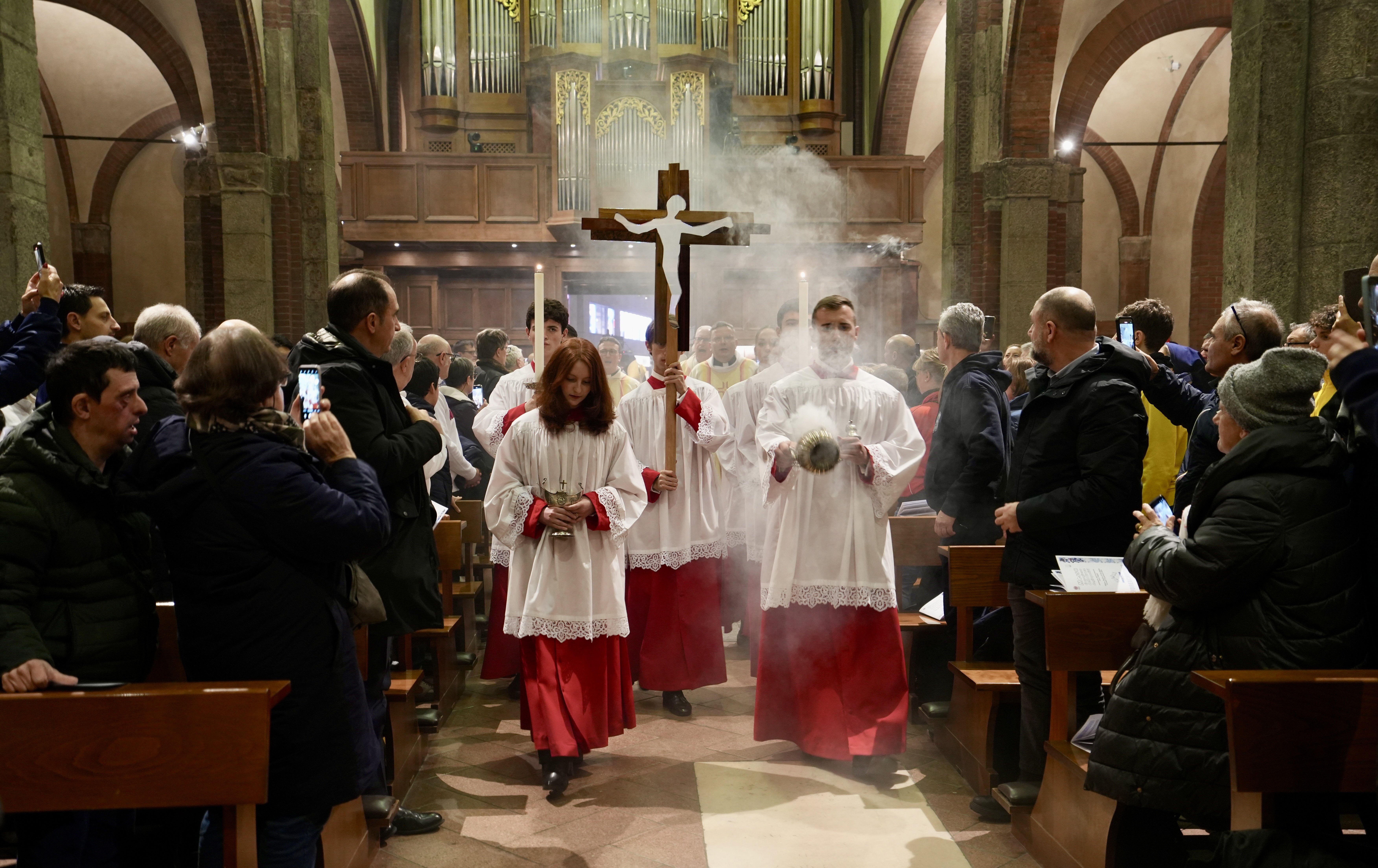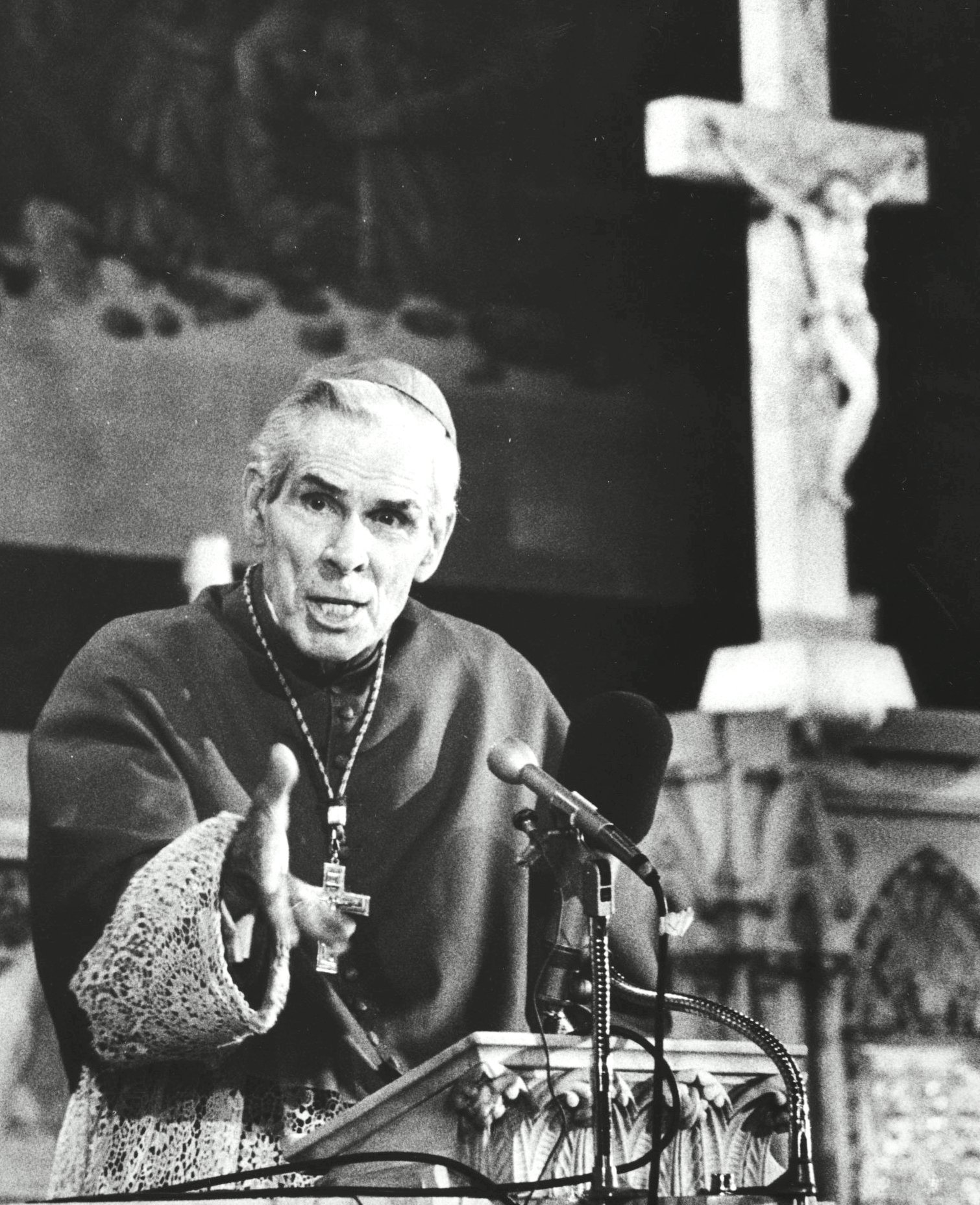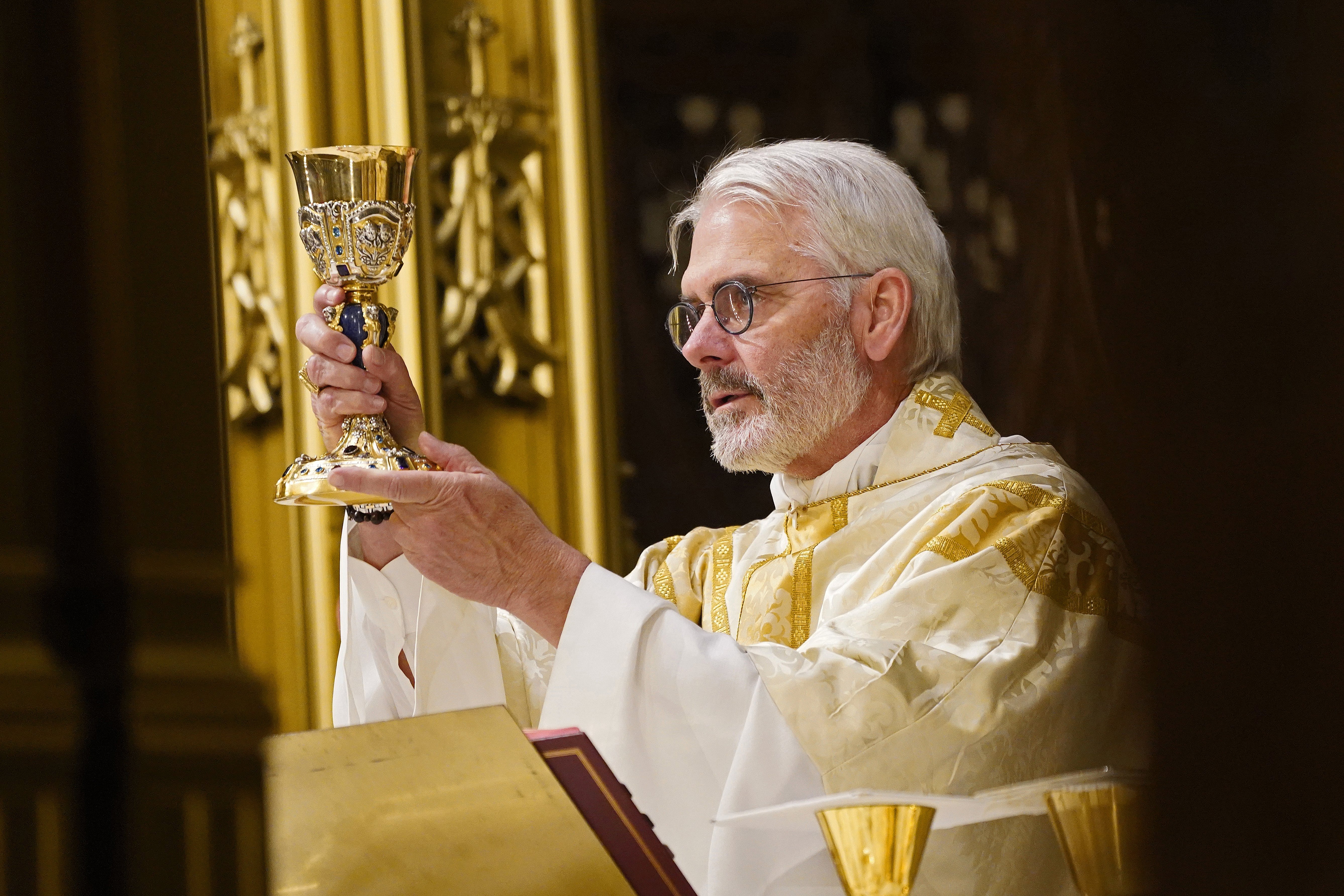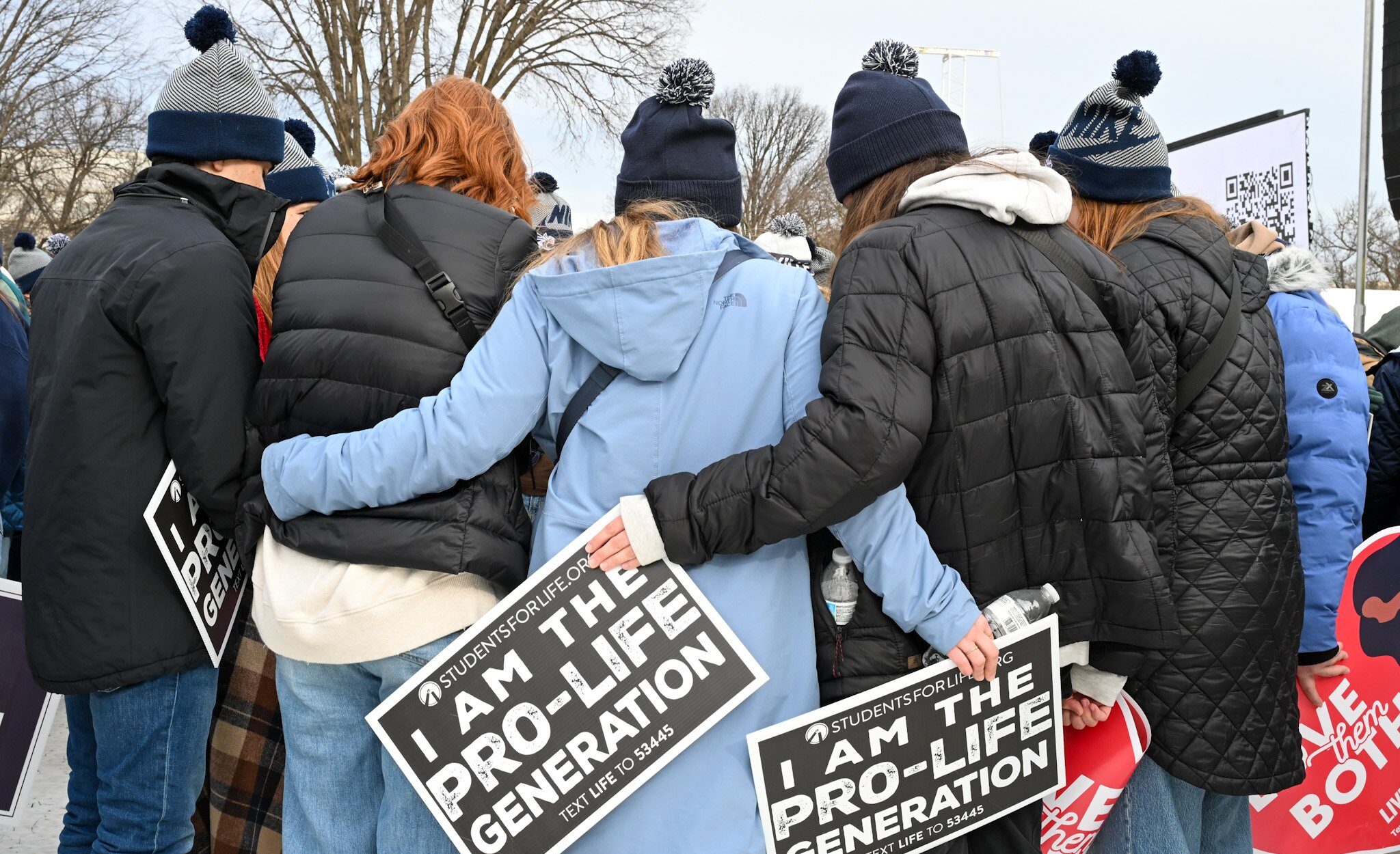World Mission Sunday reminds Catholics of global connections, priest says
World Mission Sunday is Oct. 20
Each year, the Church around the world commemorates World Mission Sunday to highlight, encourage and promote the Catholic Church’s missions around the world.
The day, which was instituted by Pope Pius XI in 1926, is observed on the penultimate Sunday of October, and a worldwide collection is made to provide financial support for the Pontifical Mission Societies and its missions in some 1,100 dioceses worldwide. This year’s commemoration takes place Oct. 20.

However, for Father Anthony Andreassi, interim national director of the Pontifical Mission Societies in the United States, the collection is more than just an annual donation to less fortunate churches but rather a reminder of the “reciprocal relationship” shared by all Catholics.
“It is decidedly not just — to use older terms — the First World donating money to the Third World,” Father Andreassi said Oct. 14. “No, it’s a common humanity and for us as baptized Catholics, a common faith. That’s so much of the importance of the annual World Mission Sunday.”
Serving as interim national director since February, Father Andreassi oversees U.S. efforts to raise awareness of the Universal Solidarity Fund, which supports “the Holy Father’s missions throughout Asia, Africa, and the Pacific Islands, as well as parts of Latin America and Europe,” according to the organization’s website.
Father Andreassi has visited eight seminaries this year to speak with seminarians about the Pontifical Mission Societies and how they function, as well as the reality of the Church’s missionary activity and how Catholics in the United States can support the missions.
Much of the money that goes into the Universal Solidarity Fund, which aids Catholic missions worldwide, comes from the annual collections on World Mission Sunday. Father Andreassi said that the collections particularly benefit missions where the Church is “new, poor or persecuted.”
“Like a newborn child who needs tremendous help from his or her parents, when the Church is very new in a place, it needs help from parts of the Church that have achieved adult stature,” he explained.
He also noted that until 1908 the Catholic Church in the United States benefited from the same kind of support.
“For the first 200 or 250 years of Catholic activity here in the United States, we were heavily reliant on Europe for support for priests, for religious, for money,” Father Andreassi said. “And now, for the last 116 years or so, that has been our obligation now.”
Today, he explained, countries where the Church is new, young or persecuted are in the so-called Global South, primarily in sub-Saharan Africa and much of Asia.
While the Church in more politically stable countries may be “in better shape,” there are many that remain persecuted, such as Nigeria. However, in countries like South Sudan, “there is violence, there is civil unrest, but the Church continues to move forward, both in preaching the faith as well as ministering to those who are suffering.”
Father Andreassi highlighted the importance of the World Mission Sunday collection and the support it provides missions worldwide through grants that fund various proposals, such as the formation of catechists and seminarians, support for religious sisters and brothers in novitiates, funding for Catholic schools, as well as “the corporal works of mercy, such as hospitals, orphanages and feeding stations.”
The U.S., he noted, “provides about 40% of the entire budget that is distributed throughout the world annually.”
For Father Andreassi, the practical and material support, while important, remains secondary. World Mission Sunday is an opportunity for Catholics to be reminded “of our connection to our fellow believers around the world,” he said.
“We hear the stories (that are) really testimonies of their embrace of the faith, their commitment to the faith in the face of tremendous adversity and suffering,” Father Andreassi said. “That serves as an inspiration to us and the witness of their lives is a gift to us. And whatever treasure that we can share with them is our gift to them.”
World Mission Sunday is Oct. 20
Subscribe to Read All St. Louis Review Stories
All readers receive 5 stories to read free per month. After that, readers will need to be logged in.
If you are currently receive the St. Louis Review at your home or office, please send your name and address (and subscriber id if you know it) to subscriptions@stlouisreview.com to get your login information.
If you are not currently a subscriber to the St. Louis Review, please contact subscriptions@stlouisreview.com for information on how to subscribe.





